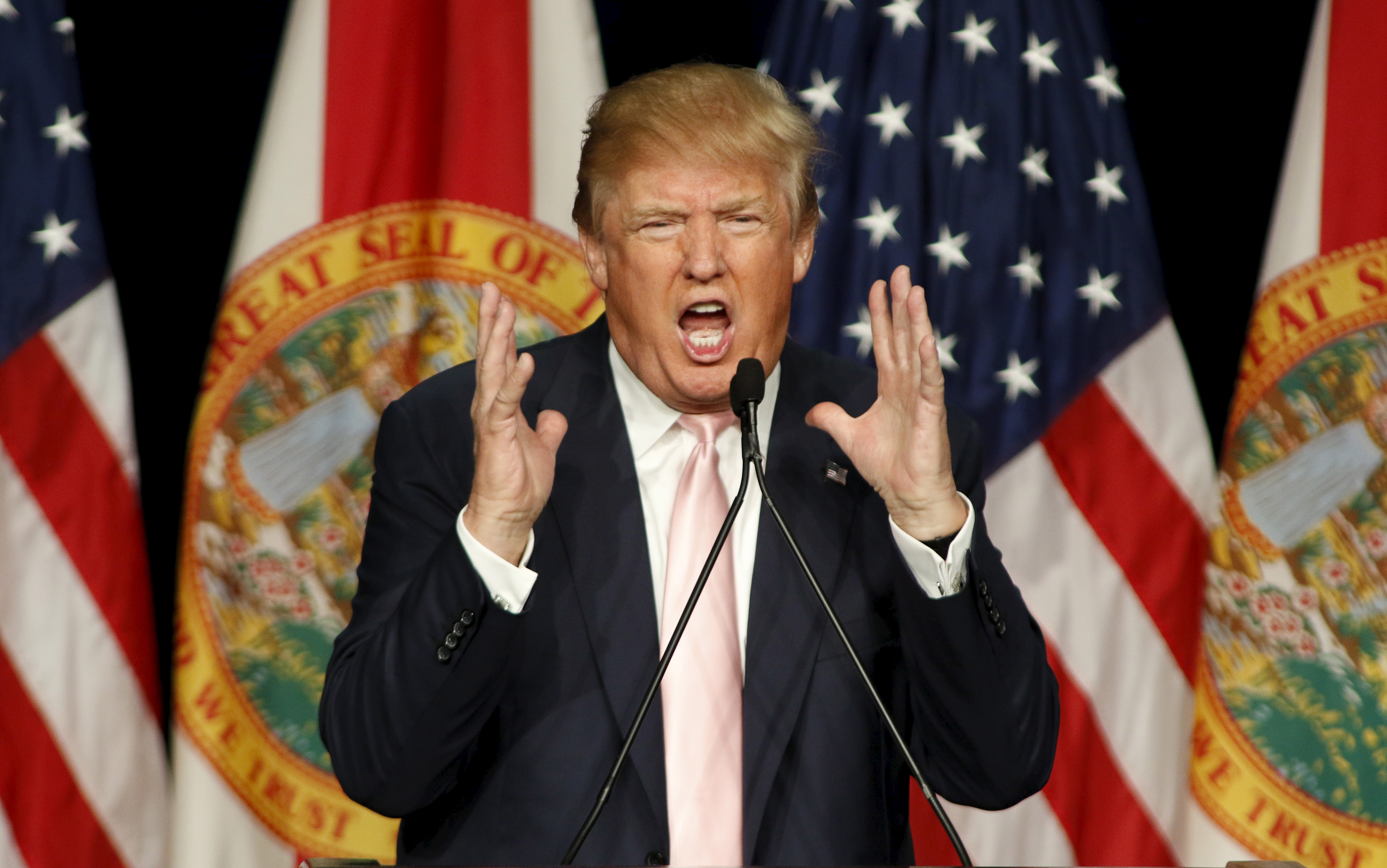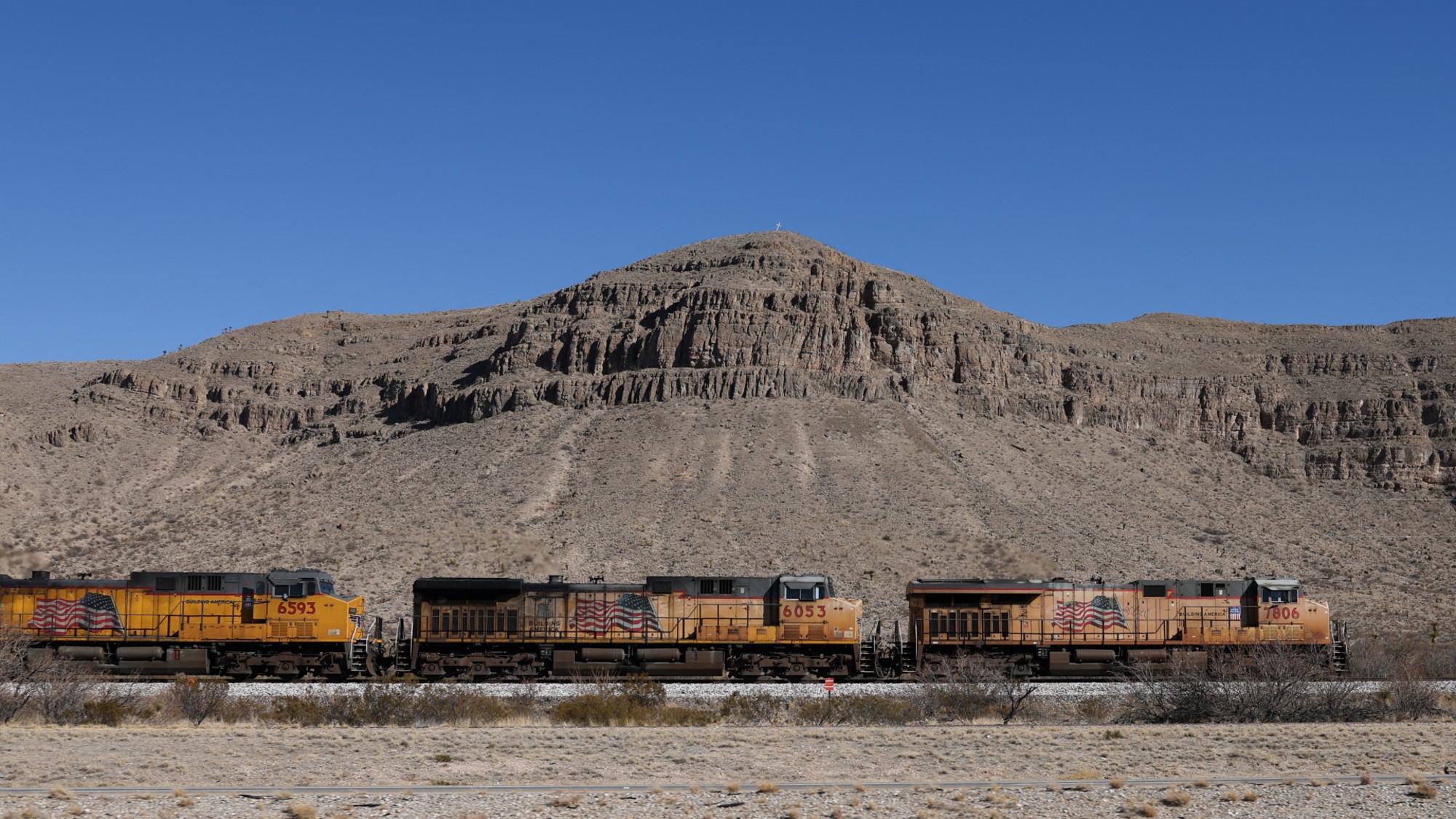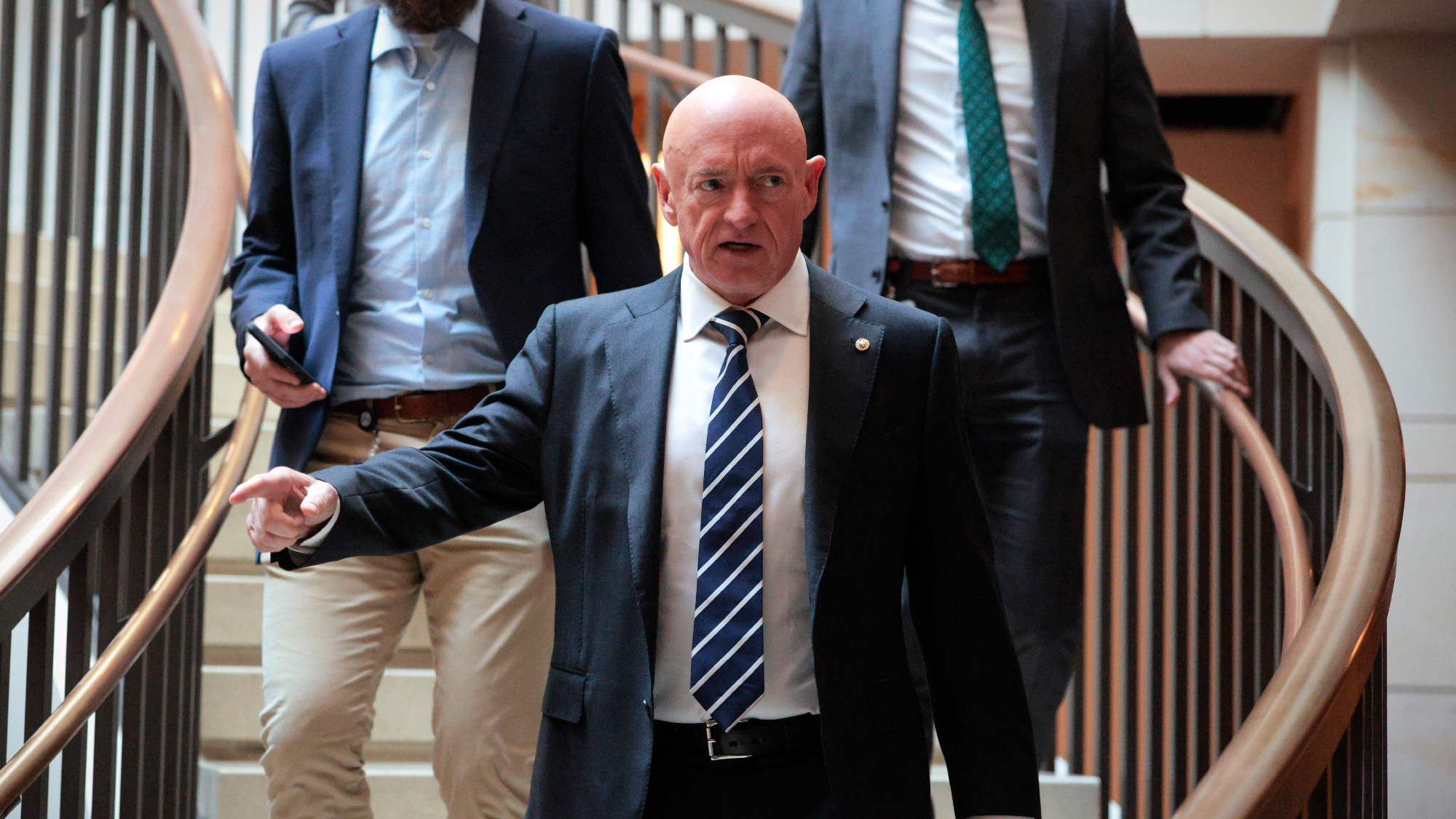American liberals should not downplay the danger of Trumpian extremism
Things can always get worse


As Donald Trump has continued upping the fascist ante and dominating in the Republican primary polls, a familiar refrain has sounded from certain left-leaning quarters. Progressive people well-versed in all the darkest chapters of American history point to the many atrocities visited on Muslims and other minorities over the years, and argue that Trump is basically nothing new.
On Facebook, Teju Cole pointed to the grim legacy of Iraq, Afghanistan, Guantanamo, drones, and so forth, and concluded: "Our legitimate dismay at Islamophobic statements must be situated inside this recent history, a history in which a far wider swath of the country than Trump's base is implicated." Dylan Matthews argued that fascism was an unnecessary concept for understanding Trump.
On one level, these critics have a good point. It's important to situate Trump in an American history with much truly abhorrent character. Trump did not come from nowhere, and he is not without precedent. But shrugging off his rise by saying so smacks of reflex and risks missing the forest for the trees. Much American history is very dark, but things can always get worse.
The Week
Escape your echo chamber. Get the facts behind the news, plus analysis from multiple perspectives.

Sign up for The Week's Free Newsletters
From our morning news briefing to a weekly Good News Newsletter, get the best of The Week delivered directly to your inbox.
From our morning news briefing to a weekly Good News Newsletter, get the best of The Week delivered directly to your inbox.
The question is one of perspective. Yes, the wars in Iraq and Afghanistan were disastrous, bloody failures. The drone war is a hellish nightmare. The Bush torture program was a gigantic war crime, and it is a blight on President Obama's legacy that he did not prosecute anyone responsible. There are more atrocities basically wherever one chooses to look in history. Witness the American-backed coups, dictatorships, and civil wars across the world, or virtually 100 percent of CIA actions, or Jim Crow, or the entire antebellum South.
American history is plenty dark.
It's also true to argue, as Brian Beutler does, that Trump is not really that far outside the Republican mainstream. Republican politics have been increasingly openly xenophobic and prejudiced for decades now. The big difference is Trump just doesn't bother to hide it. Even his idea for totally banning all Muslim entry into the United States isn't very far afield from individual states attempting to prevent the settlement of Syrian refugees.
Yet this does not mean that Trump is a normal product of American politics. In 2012, Norman Ornstein and Thomas Mann famously argued, "The GOP has become an insurgent outlier in American politics. It is ideologically extreme; scornful of compromise; unmoved by conventional understanding of facts, evidence and science; and dismissive of the legitimacy of its political opposition." That was before that year's election — but according to political science measures, Republicans in Congress have become significantly more conservative during the following two cycles.
A free daily email with the biggest news stories of the day – and the best features from TheWeek.com
I submit that Trump represents a tipping point in the continual radicalization of the Republican Party — only this time on race and prejudice. As the infamous Lee Atwater quote demonstrates, conservatives have feared to traffic in overt prejudice since the civil rights movement. But Trump is running the most nakedly bigoted campaign since George Wallace in 1968 at least. A critical mass of Republican voters — a recent poll found that nearly two-thirds of likely GOP primary voters support Trump's plan to ban Muslim entry — have completely abandoned themselves to prejudice. No amount of media backlash or tut-tutting will convince them otherwise — indeed, it will probably backfire. And unlike Joe McCarthy or Father Coughlin, there is no other institution with the credibility to take down Trump.
If Trump wins the Republican nomination, he will surely be defeated handily by any Democrat, right? No. It would not be a sure thing at all. In a two-party system, each side always has a chance.
Would a President Trump actually attempt to deport all 11 million unauthorized immigrants? Would he imprison or deport all 2.75 million American Muslims (who are, by the way, generally successful and quite well-integrated socially)? Would he nuke Syria, or Iran? Would he attempt a coup d'etat to install himself as dictator?
Probably not, but at this point, no responsible person can dismiss such possibilities out of hand. Moreover, as Ned Resnikoff argues, the forces unleashed by Trump will persist long after he is gone. Already, the Republican Party is remaking itself to take advantage of Trumpism's fervent political energy — and now that he has plowed the ground, a less buffoonish successor could easily take up his mantle without seeming nearly so extreme.
Consider FDR, a racist whose signature New Deal was premised on the exclusion of minorities. Yet he and his Democratic successors made the initial political moves towards civil rights policy. He ordered the internment of innocent Japanese-American citizens — yet he did not exile or massacre them.
My point is that while American actions have often been exceedingly grim, political institutions and norms have kept what awfulness there was within certain boundaries. As George Orwell wrote, "An illusion can become a half-truth, a mask can alter the expression of a face." Trump may well be something unprecedentedly terrible.
Ryan Cooper is a national correspondent at TheWeek.com. His work has appeared in the Washington Monthly, The New Republic, and the Washington Post.
-
 ‘If regulators nix the rail merger, supply chain inefficiency will persist’
‘If regulators nix the rail merger, supply chain inefficiency will persist’Instant Opinion Opinion, comment and editorials of the day
-
 Trump HHS slashes advised child vaccinations
Trump HHS slashes advised child vaccinationsSpeed Read In a widely condemned move, the CDC will now recommend that children get vaccinated against 11 communicable diseases, not 17
-
 Hegseth moves to demote Sen. Kelly over video
Hegseth moves to demote Sen. Kelly over videospeed read Retired Navy fighter pilot Mark Kelly appeared in a video reminding military service members that they can ‘refuse illegal orders’
-
 Bari Weiss’ ‘60 Minutes’ scandal is about more than one report
Bari Weiss’ ‘60 Minutes’ scandal is about more than one reportIN THE SPOTLIGHT By blocking an approved segment on a controversial prison holding US deportees in El Salvador, the editor-in-chief of CBS News has become the main story
-
 Has Zohran Mamdani shown the Democrats how to win again?
Has Zohran Mamdani shown the Democrats how to win again?Today’s Big Question New York City mayoral election touted as victory for left-wing populists but moderate centrist wins elsewhere present more complex path for Democratic Party
-
 Millions turn out for anti-Trump ‘No Kings’ rallies
Millions turn out for anti-Trump ‘No Kings’ ralliesSpeed Read An estimated 7 million people participated, 2 million more than at the first ‘No Kings’ protest in June
-
 Ghislaine Maxwell: angling for a Trump pardon
Ghislaine Maxwell: angling for a Trump pardonTalking Point Convicted sex trafficker's testimony could shed new light on president's links to Jeffrey Epstein
-
 The last words and final moments of 40 presidents
The last words and final moments of 40 presidentsThe Explainer Some are eloquent quotes worthy of the holders of the highest office in the nation, and others... aren't
-
 The JFK files: the truth at last?
The JFK files: the truth at last?In The Spotlight More than 64,000 previously classified documents relating the 1963 assassination of John F. Kennedy have been released by the Trump administration
-
 'Seriously, not literally': how should the world take Donald Trump?
'Seriously, not literally': how should the world take Donald Trump?Today's big question White House rhetoric and reality look likely to become increasingly blurred
-
 Will Trump's 'madman' strategy pay off?
Will Trump's 'madman' strategy pay off?Today's Big Question Incoming US president likes to seem unpredictable but, this time round, world leaders could be wise to his playbook
